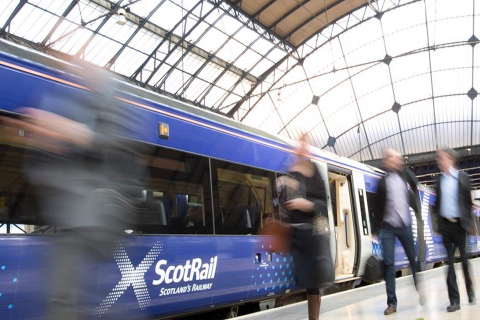UK industry reacts to Network Rail spending plans

Network Rail, the UK government agency responsible for much of infrastructure across England and Wales, has published its next five-year plan. The agency, which also works in partnership with devolved government in Scotland, has seen the document on the end of a mixed reception from the rail sector. While there has been some praise for the forthright admission that funds are limited, there has also been criticism that the resultant plan is limited in scope, and the underlying trend is for care and maintenance, rather than grand renewal.
Want to read more?
You have read all of your free premium articles for this month. Please become a subscriber to keep reading.
Subscribe now!
Take advantage of our exclusive offer to get full access to all premium content.




